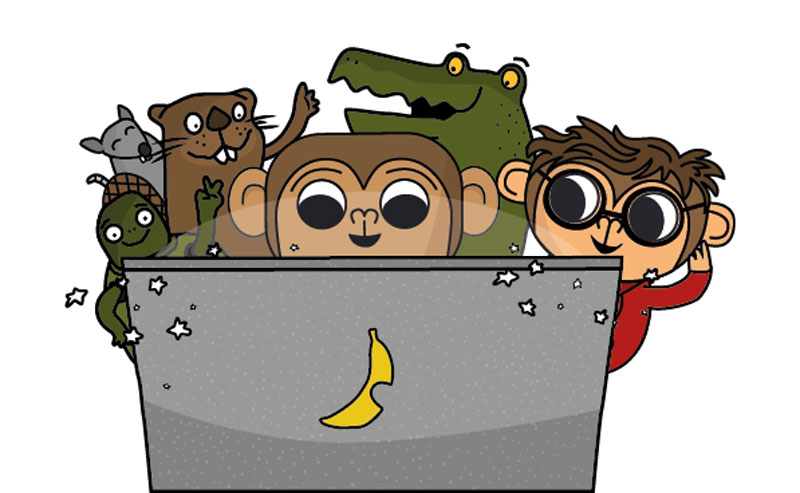Traditional Games vs. Programming Games
Children all over the world including in the Middle East have grown up playing outdoor and indoor games with their friends or even alone. Children not only relax their minds while playing with their peers but also learn interpersonal skills, creativity, sporting skills and get good exercise. Earlier in Dubai, children spent at least 2 to 3 hours outside in the evenings playing games or simply tossing a ball around. Today, given the change in the climate children prefer to spend more time indoors and perhaps even play games on their devices or social media. Albeit, every child will enjoy playing the games that have entertained so many generations before, if they are taught how to play them. These traditional games elicit intellectual as well as physical growth and help them forge friendships that could last a lifetime.
Most of our favourite games do not need any special equipment barring the stray stone and a willingness to play. They usually do not require any adult supervision as they are safe apart from the occasional fall or bump.
Cops & Robbers, Hide & Seek, Dodgeball and Catch, are just some of the evergreen games that we have all enjoyed at a young age.
Learning coding through games can be fun and educational. A very popularly used online platform in the UAE to learn coding is CodeMonkey. This is an award-winning online platform that teaches kids real coding languages like ‘CoffeeScript’ and Python through block-based and text-based coding. CodeMonkey’s engaging game-like environment is specially designed by Jonathan Schor (Founder and CEO) for the K – 8 curriculum. Realizing the weight coding will carry into the next generation, the team of experts at CodeMonkey devised games such as Dodo does Math (where students will use a real coding language to solve diverse math puzzles and use code to help a Dodo bird find its eggs), Coding Adventure (where students can learn programming basics with the help of a greedy monkey and Wrap up the course with learned concepts that will be applied with logic and skill to complete tasks assigned.) and many more. The GCC countries favor Code Monkey as it facilitates parents, teachers, and kids alike and because it is a browser-based application that does not require the use of any special software or hardware except your personal device. It is easily accessible and affordable.
Because of these reasons, children now seem to deviate towards playing games on their devices rather than in the outdoors or board games. The visually appealing games on the computer lure young minds away from the traditional cardboard and plastic games. However, nowadays, these kinds of online games have evolved into learning-based applications which tie up with school curricula and offer players the opportunity to practice, learn, and compete in coding contests. Some platforms support over 25 programming languages such as CSS, CSS Flexbox, Scratch, JavaScript and much more. Unique tasks present challenges that allow you to become familiar with the language while at the same time enjoy learning it. Working your way through the different levels of the games, hone your tactical skills, critical thinking, and cognitive development.
Interactive entertainment options available on every device in the home, make it difficult for the outdated games we used to play but it is up to us to ensure that screen-free time is not completely abandoned. A healthy balance of both will provide the best of both worlds to children who require physical activity, social skills, creativity, imagination, competition, and camaraderie.






Recent Comments